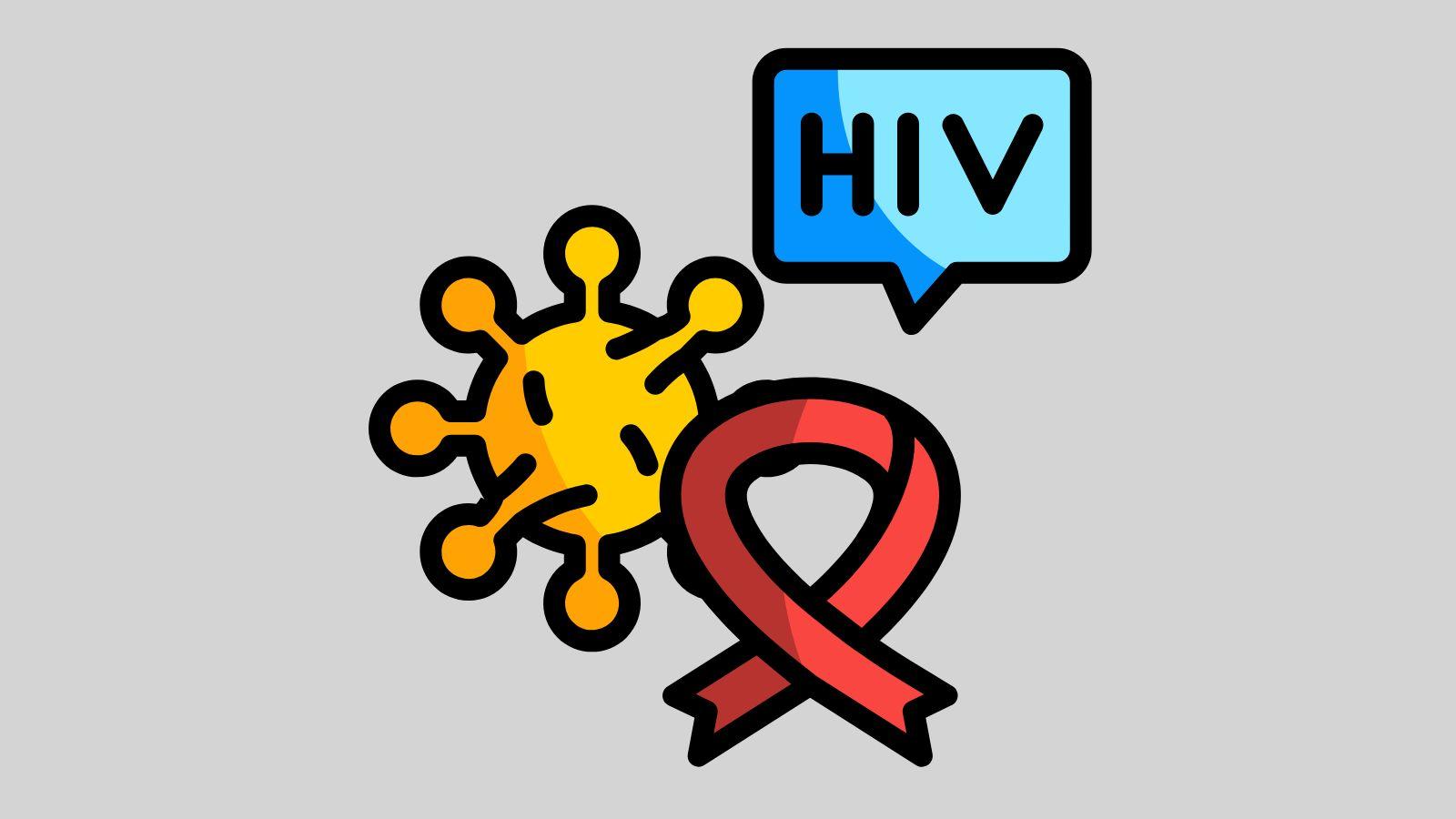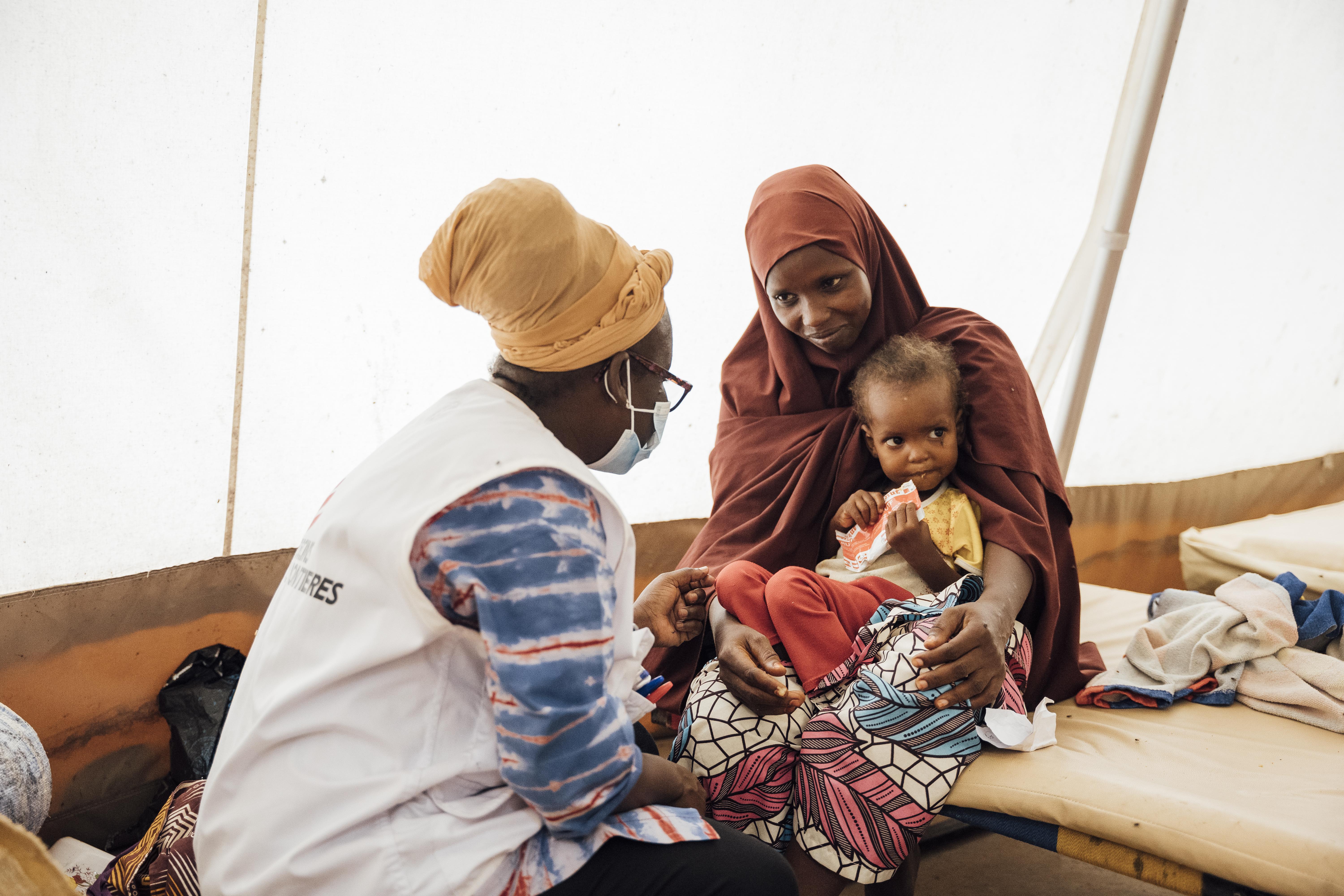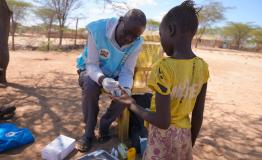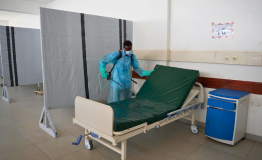How Does Someone Get AIDS? Let’s Break It Down
A lot of people hear the word AIDS and immediately feel fear or shame but understanding it is the first step to protecting yourself and others
HIV OR AIDS?
AIDS stands for Acquired Immune Deficiency Syndrome. It’s a condition that develops in someone who has been living with HIV for a long time without treatment. HIV (Human Immunodeficiency Virus) is the virus that weakens your immune system. Over time, if it’s not managed with medication, your body can become too weak to fight off infections and diseases, this is what we call AIDS.
So, THEY ARE NOT THE SAME, you can get AIDS if you have HIV and you don't treat yourself.
How does someone get HIV in the first place?
HIV spreads when certain body fluids like blood, semen, vaginal fluids, or breast milk of a person living with HIV enter another person’s body. This can happen through:
- Having unprotected sex with someone who has HIV
- Sharing needles or sharp objects
- Receiving contaminated blood (though this is very rare now due to screening)
- From a mother to baby during birth or breastfeeding (if not on treatment)
Let's break the stigma. HIV IS NOT spread by:
- Hugging or kissing
- Sharing toilets or utensils
- Mosquito bites
So, when does HIV become AIDS
If someone living with HIV doesn’t take their medication, the virus weakens their immune system over time. Eventually, they can develop AIDS when the body becomes too weak to fight off even simple infections like the flu or tuberculosis.
But here’s the good news: with the right treatment, most people with HIV never develop AIDS. In fact, they can live long and healthy lives, study, work, have families, and achieve anything just like anyone else.
The key is early testing, early treatment, and staying on your meds.
Don’t wait until you feel sick to care about your health. Know your status and get the support you need.



